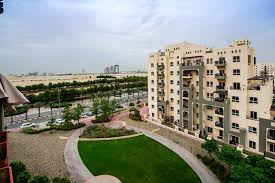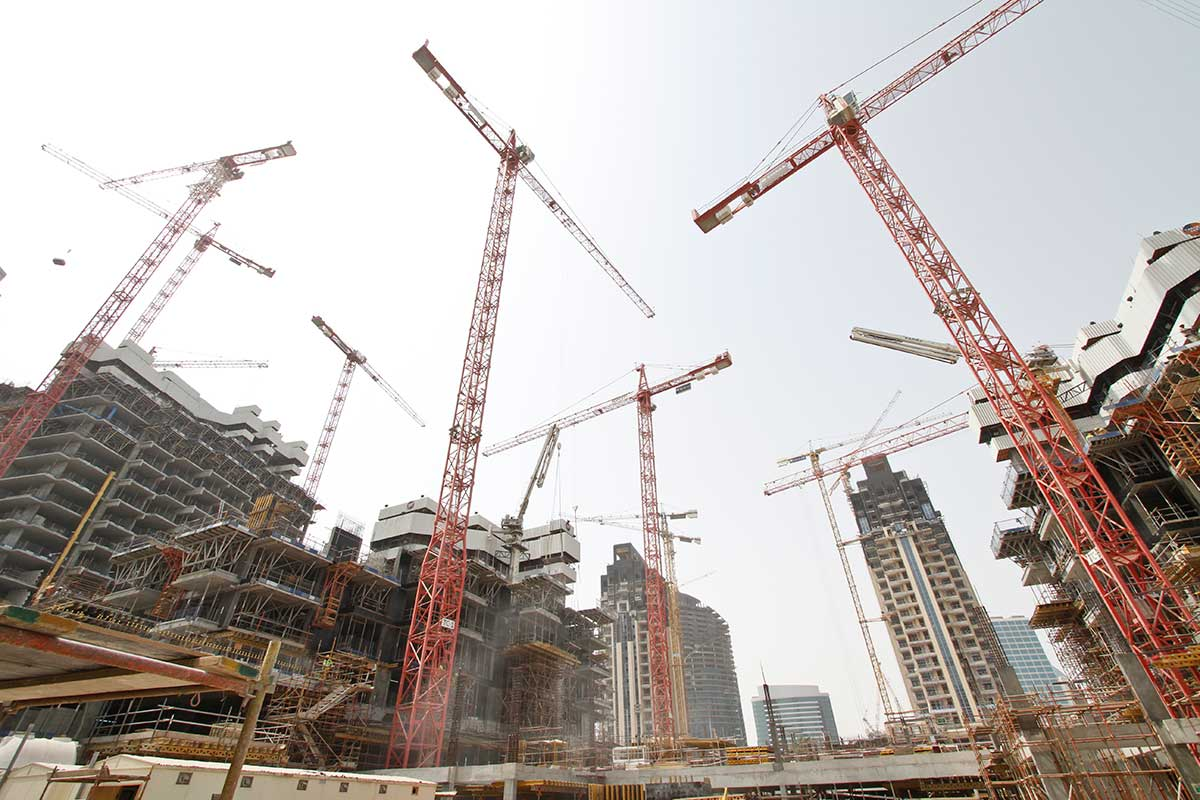Now Reading: UAE Real Estate: 8 Tax Exemptions You Can Still Claim in 2025
-
01
UAE Real Estate: 8 Tax Exemptions You Can Still Claim in 2025
UAE Real Estate: 8 Tax Exemptions You Can Still Claim in 2025

Table of Contents
The UAE’s real estate market, valued at AED 958 billion in 2024, grew 23.9% year-on-year, offering 6–10% yields in prime areas like Dubai Marina and Downtown Dubai, per gtlaw.com. The 9% corporate tax (CT) introduced in June 2023 under Federal Decree-Law No. 47 and 5% VAT impact businesses, with non-compliance fines up to AED 500,000, per jaxaauditors.com.
Despite the evolving tax landscape, several exemptions remain for real estate investors, developers, and owners in 2025. This article outlines eight tax exemptions still claimable in UAE real estate, with U.S. investor considerations, using web insights.
UAE Tax Framework for Real Estate
The UAE imposes CT on businesses with taxable income above AED 375,000 (~$102,000) and VAT on commercial transactions, per czta.ae. Key features:
- Corporate Tax: 9% on profits above AED 375,000; 0% for Qualifying Free Zone Persons (QFZPs) or small businesses with revenue below AED 3 million until December 31, 2026, per taxsummaries.pwc.com.
- VAT: 5% on commercial leases and sales; residential first-time sales are zero-rated, secondary sales exempt, per shuraatax.com.
- Exemptions: Individuals face 0% personal income, capital gains, or property tax, per savoryandpartners.com.
- Compliance: Federal Tax Authority (FTA) registration and seven-year record retention are mandatory for taxable entities, per hawksford.com.
8 Tax Exemptions You Can Still Claim in 2025
1. Personal Income and Capital Gains Tax Exemption for Individuals
Individuals, including UAE nationals and expatriates, face no personal income or capital gains tax on real estate profits, whether from sales or rentals, per immigrantinvest.com. This applies to residential and commercial properties held personally.
- Impact: Selling a AED 5 million property with AED 2 million gain incurs no tax, preserving 100% of AED 2 million profit.
- U.S. Consideration: Report gains on Form 8949; pay U.S. capital gains tax (up to 20%) unless offset, per irs.gov.
- Action: Maintain purchase/sale records; no FTA filing required for individuals, per u.ae.
2. VAT Exemption on Residential Property Sales and Leases
Secondary sales and leases of residential properties (e.g., villas, apartments, student housing) are VAT-exempt, per shuraatax.com. First-time residential sales are zero-rated, allowing VAT recovery on inputs, per taxsummaries.pwc.com.
- Impact: Leasing a AED 1 million residential property saves AED 50,000 VAT annually, boosting net returns by 5%.
- U.S. Consideration: Deduct lease expenses on Schedule E; no U.S. VAT impact, per irs.gov.
- Action: Verify residential status with FTA; maintain lease agreements, per finanshels.com.
3. VAT Exemption on Bare Land Transactions

Sales or leases of bare land (without buildings or engineering works) are VAT-exempt, per dubailand.gov.ae. This benefits landowners holding undeveloped plots for investment.
- Impact: Selling a AED 3 million bare land plot saves AED 150,000 VAT, preserving 100% of proceeds.
- U.S. Consideration: Report sale on Form 8949; include in cost basis, per irs.gov.
- Action: Confirm land status with emirate land departments; document transactions, per farahatco.com.
4. Corporate Tax Exemption for Qualifying Free Zone Persons (QFZPs)
Businesses in free zones like DMCC or JAFZA, meeting substance requirements (e.g., local staff, no mainland business), qualify as QFZPs, enjoying 0% CT on qualifying income (e.g., real estate rentals or sales), per pwc.com.
- Impact: A QFZP with AED 4 million rental income saves AED 360,000 CT, maintaining 8% yields on a AED 50 million property.
- U.S. Consideration: Report income on Schedule E; disclose assets on Form 8938, per irs.gov.
- Action: Register with FTA; ensure free zone compliance; monitor non-qualifying income (5% or AED 5 million), per emirabiz.com.
5. Small Business Relief for Low-Revenue Real Estate Entities
Real estate businesses with annual revenue below AED 3 million qualify for 0% CT until December 31, 2026, per emirabiz.com. This suits small-scale investors or property managers.
- Impact: A business with AED 2 million rental revenue saves AED 135,000 CT, preserving 8% yields on a AED 25 million property.
- U.S. Consideration: Report income on Schedule C; simplifies U.S. filings, per irs.gov.
- Action: Apply via EmaraTax; submit audited statements to FTA, per goyzer.com.
6. Tax-Transparent Treatment for Qualifying Investment Funds (QIFs)
Qualifying Investment Funds (QIFs), including real estate funds, are exempt from CT if they meet criteria like diverse ownership and a 10% real estate asset threshold, per damacproperties.com. Only non-compliant investors lose exemptions, per Cabinet Decision No. 34 of 2025.
- Impact: A QIF with AED 5 million income avoids AED 450,000 CT, preserving fund value.
- U.S. Consideration: Report income on Form 1040; disclose on Form 8938, per irs.gov.
- Action: Ensure compliance with FTA; update fund agreements, per farahatco.com.
7. Partial CT Exemption for Real Estate Investment Trusts (REITs)
REIT investors are taxed on only 80% of real estate income, aligning with mandatory distribution requirements, per damacproperties.com. This reduces CT liability for REITs holding UAE properties.
- Impact: A REIT with AED 2 million income incurs AED 144,000 CT (9% on AED 1.6 million), saving AED 36,000.
- U.S. Consideration: Report income on Schedule E; claim credits on Form 1116, per irs.gov.
- Action: Verify REIT status with FTA; maintain distribution records, per hawksford.com.
8. Tax Exemption for UAE Nationals’ Rental Income

UAE nationals’ rental income from residential properties is tax-free, per corporatetaxation.ae. This applies to both primary and secondary residences, encouraging local investment.
- Impact: A UAE national with AED 1 million rental income saves AED 90,000 CT, preserving 100% income.
- U.S. Consideration: Not applicable; U.S. nationals report income on Schedule E, per irs.gov.
- Action: Document nationality with FTA; maintain rental agreements, per farahatco.com.
Quantitative Impact on Returns
Consider a AED 20 million commercial property yielding 8% (AED 1.6 million annually):
- QFZP Exemption: 0% CT saves AED 108,000, maintaining 8% yield.
- VAT Exemption (Residential): AED 80,000 VAT savings (5% on AED 1.6 million) boosts yield to 8.4%.
- REIT Partial Exemption: AED 28,800 CT savings (20% of AED 1.6 million) preserves 8.1% yield.
- Non-Compliant Case: 9% CT (AED 108,000), 5% VAT (AED 80,000), and penalties (AED 10,000) reduce yield to 7.0%.
Key Considerations for U.S. Investors
- Risks:
- Non-Compliance: Fines up to AED 500,000 for late FTA filings, per jaxaauditors.com.
- Oversupply: 14,000 units planned for 2026–2029 may soften yields by 0.5–1%, per omniacapitalgroup.com.
- Costs: Compliance costs AED 10,000–20,000 annually; transfer fees AED 40,000–80,000, per hausandhaus.com.
- Tax Compliance: UAE’s 0% personal tax benefits individuals; IRS requires Form 1040, Form 1116, Form 8938, Form 8949, and FinCEN Form 114, per irs.gov.
- Regulatory Compliance: FTA mandates electronic filings; emirate-specific fees (e.g., Dubai’s 4% transfer fee) apply, per providentestate.com.
- Currency Stability: AED pegged at 1 USD = 3.67 minimizes risk.
Conclusion
In 2025, UAE real estate investors can claim eight tax exemptions: personal income/capital gains, residential VAT, bare land VAT, QFZP CT, Small Business Relief, QIF CT, REIT partial CT, and UAE nationals’ rental income. These preserve 6–10% yields in a AED 958 billion market.
U.S. investors, aligning IRS and FTA compliance, can maximize returns by partnering with firms like Hawksford or Farahat & Co. for strategic tax planning. Real Estate
read more: Real Estate in UAE: 6 Smart Ways to Lower Taxable Income in 2025





















